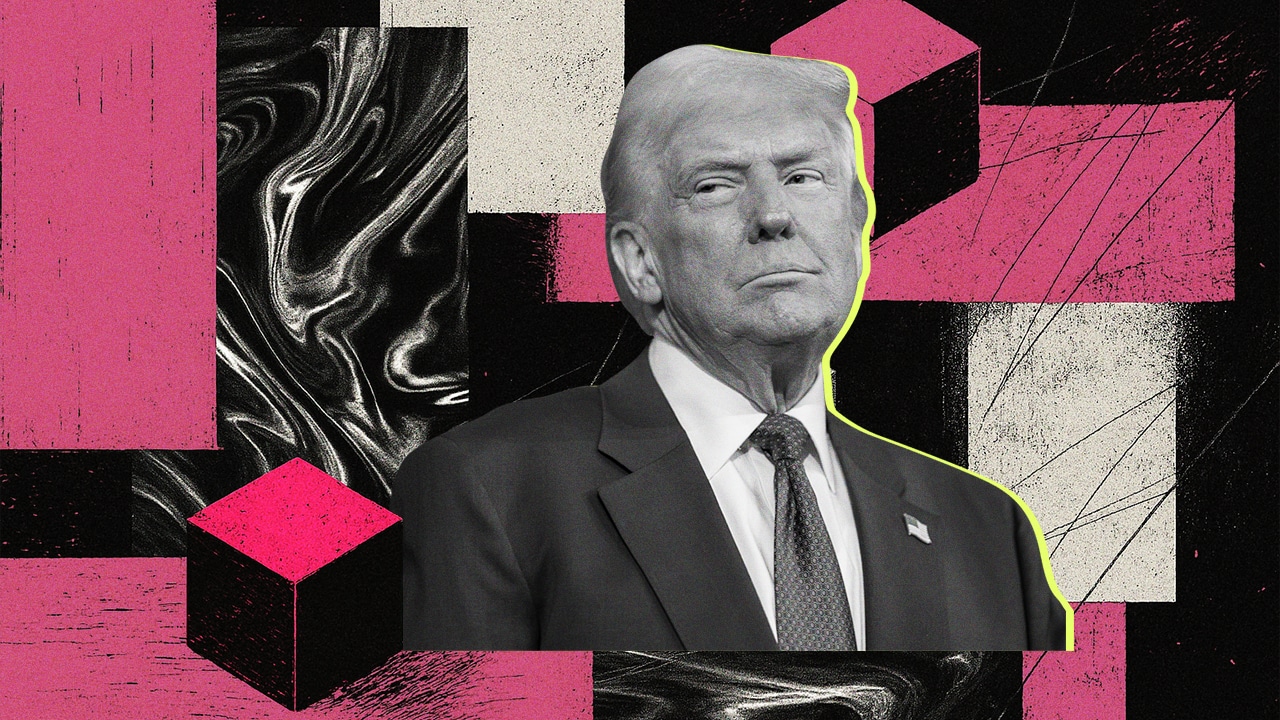
Credit: The White House

If you’ve got ten people around a boardroom table and no shared understanding, they’re all walking away with different perspectives. We’re solving that by putting something clear in the center of the conversation.
Patrick Jacolenne
CEO
Datalogiq 360
As questions swirl about the future of the Consumer Financial Protection Bureau (CFPB) under the Trump administration, some see a silver lining opportunity to reshape government agencies. While most of the conversation around potential closures has focused on layoffs and directional chaos, AI presents a compelling alternative: creating efficiencies without significant cuts.
Patrick Jacolenne, CEO of Datalogiq 360, an AI-powered solution for data governance and certification, and Founder of CoComply, a modern approach to responsibly managing data and AI governance with ease, sees opportunity—not just to preserve regulatory structures, but to reinvent how businesses engage with them.
Changing the CFPB: "I don’t see a full dismantling of the CFPB going forward," says Jacolenne. "In fact, a judge just blocked one such effort. There’s going to be a lot of back and forth this year, but I see a path where the CFPB stays intact—just streamlined." That streamlining, he argues, is long overdue. And thanks to AI, it’s finally possible. "Historically, creating efficiencies or reducing operating expenditures through AI would’ve been out of the question," Jacolenne says. But the conversation is changing and the idea of letting AI create efficiencies is being top of mind.
Thousands of pages: Jacolenne’s companies are at the forefront of that shift. One of the clearest ways he’s bringing order to complexity is by using AI to translate dense, ambiguous government regulations into clear, one-page executive summaries. "These agencies—whether it’s the CFPB, the Office of the Comptroller of the Currency, or fair lending regulators—put out these PDF guidelines that are thousands of pages long," he explains. "And they’re vague. You’ll see a phrase like ‘must have data quality about a consumer.’ But what does that actually mean?"
Instead of leaving executives guessing or debating conflicting interpretations, AI models are being brought in to help. "We start with education and orientation," he says. "Let’s say you’ve never heard of the OCC. We can ask our AI agent for an executive summary, and instantly, you’ve got a one-pager that tells you what it is, what it does, and why it matters to your business."

I don’t see a full dismantling of the CFPB going forward. In fact, a judge just blocked one such effort. There’s going to be a lot of back and forth this year, but I see a path where the CFPB stays intact—just streamlined.
Patrick Jacolenne
CEO
Datalogiq 360
Shared understanding: That crisp explanation becomes a foundation for trust and alignment at the leadership level—something Jacolenne says is often missing. "If you’ve got ten people around a boardroom table and no shared understanding, they’re all walking away with different perspectives," he says. "We’re solving that by putting something clear in the center of the conversation."
Uncertain future: As agencies like the CFPB face an uncertain future, AI can be leveraged to help: "Imagine how much back-and-forth there can be within the CFPB when it comes to regulatory changes," Jacolenne says. "We’re using RSS feeds, web scraping tools, and other utilities to incorporate that information into our AI models. These AI agents continuously monitor agencies for any material updates. As a key stakeholder, you’re getting real-time alerts and recommendations—things like whether a change needs to be adopted or not. It’s all part of helping companies maintain compliance and stay aligned with the latest rules and requirements."